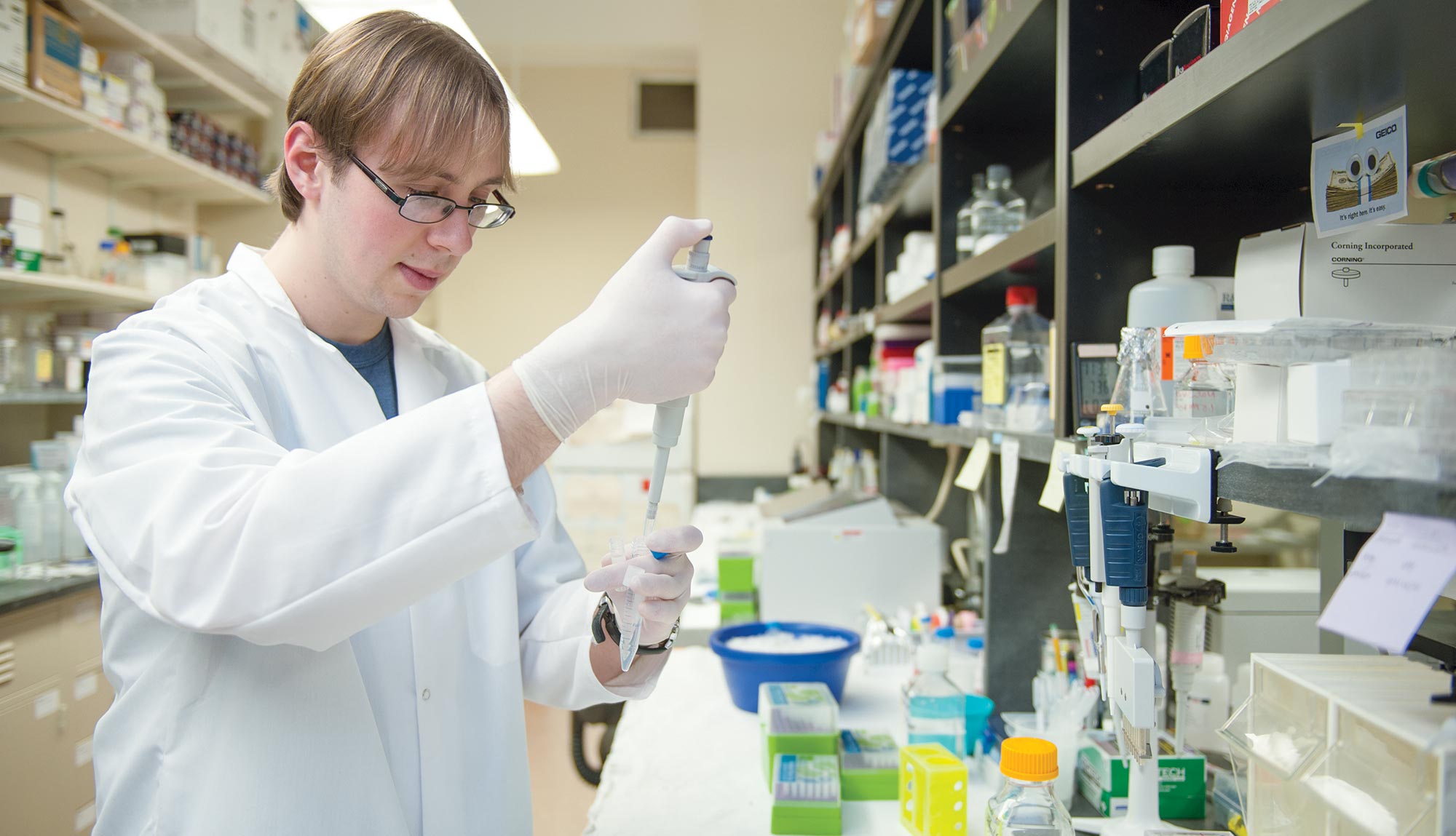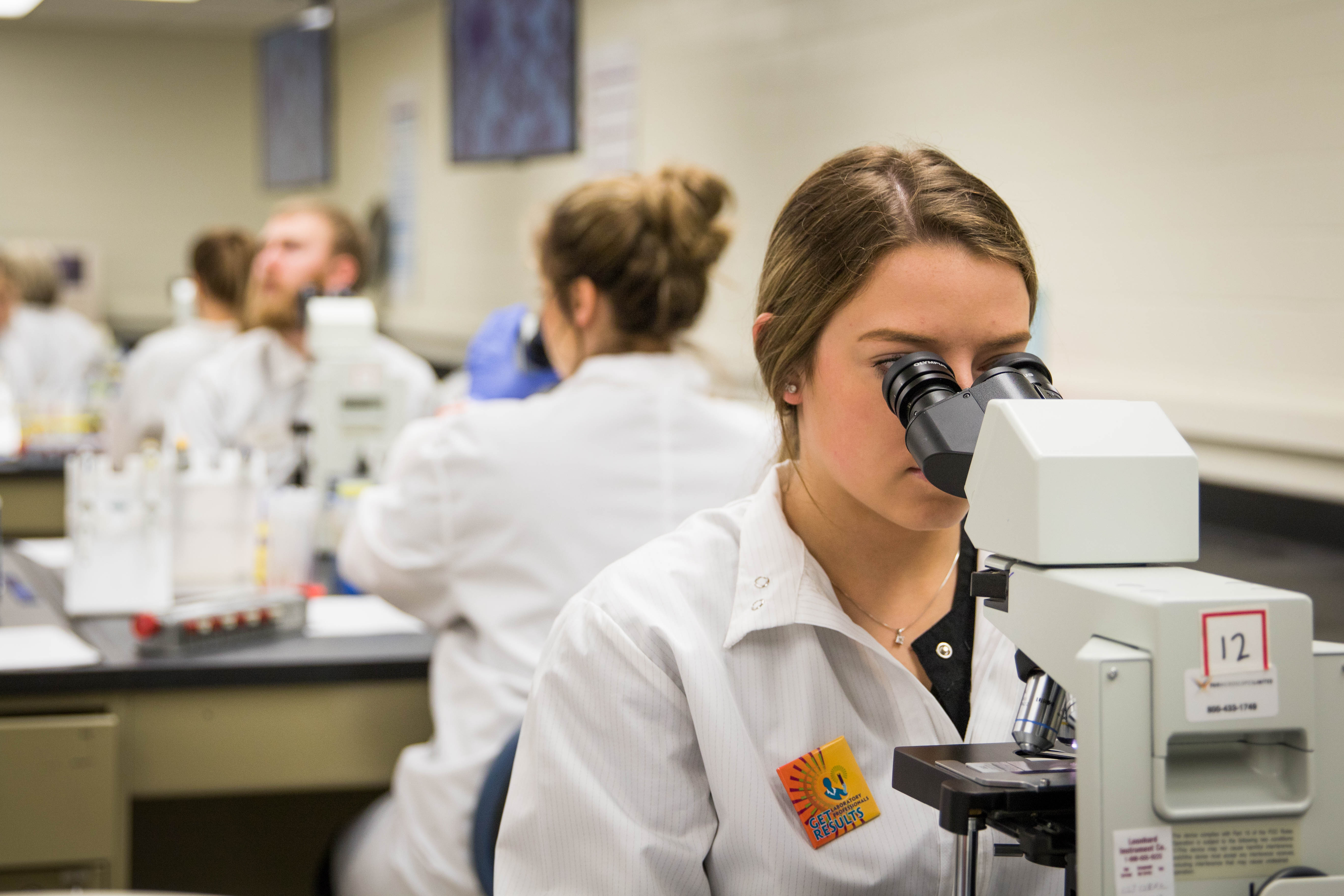
Whether it's processing tests for diseases such as coronavirus or providing diagnosis services to GPs, accident and emergency departments and other health services, registered Biomedical Scientists play a key role in public health. If you don't meet the English language requirements yet, you can achieve the level you need by successfully completing a pre-sessional English programme before you start your course. We also accept other standard English tests and qualifications, as long as they meet the minimum requirements of your course. See alternative English language qualifications English language proficiency at a minimum of IELTS band 6.0 with no component score below 5.5.You may need to have studied specific subjects – see full entry requirements and other qualifications we accept English language requirements Acceptable T Level Subjects: T Level in Health, T Level in Science (Acceptable Occupational Specialisms: Laboratory sciences) For A levels which include a separate science practical component, a pass is desirable and may strengthen an application ( calculate your UCAS points) UCAS points – 120-136 from A levels, or equivalent, to include Biology plus a second Science subject or Mathematics.To other students thinking of applying to this course I would say go for it! You get so much support from your lecturers and personal tutor and it’s pushed me out of my comfort zone but it’s made me grow quite a lot and challenge me to do things that I didn’t think I could do before.ĭr Gavin Knight: Portsmouth is absolutely the place to be to learn how to become a biomedical scientist.


We have a lot of technology and lots of hands on equipment that get you ready for when you go out into the working world. We’ve got great partnerships with our NHS providers, they provide us with a lot of opportunities for students to go out and learn to be biomedical scientists as part of the course.ĭonna: The facilities here at the University of Portsmouth are really cutting edge. We cover all the main pathological disciplines: haematology, microbiology, biochemistry, histology and blood transfusion So people get a really good overview of what Biomedical Science in a clinical practice is all about using a case study based approach, and all the background science that accompanies it to make that understandable as well.Īs part of the Biomedical Science course and our 3 year or 4 year route we have opportunities for placement.

Dr Gavin Knight: I think Biomedical Science is a really up and coming area and we are always at the forefront of Biomedical Science delivery and education.


 0 kommentar(er)
0 kommentar(er)
